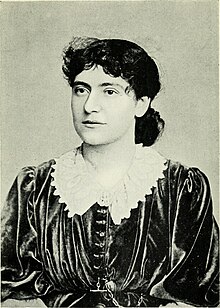Letter from Professor Soairse Nic Gabhainn, University of Galway
Further to the scandal concerning the mother and baby homes in Ireland, it now turns out that the Commission of Investigation into Mother and Baby Homes has miraculously found the deleted tapes containing the oral testimony of survivors. [see previous LH article here] They have also agreed to transfer the recordings to the Department of Children, Equality, Disability, Integration and Youth.
Keeping quiet
So far, the Commission has been keeping very quiet, and has refused to answer questions – at least in any public way. They have refused to address the concerns of survivors and have even refused to come and answer questions from the Joint Committee on Children (a cross-party parliamentary committee). Today’s Irish Times reports that the Commission believes “very strongly” that the tapes of the hearings should be destroyed for “legal and moral” reasons, which they have not specified.
The “moral” argument seems to be that all survivors were promised confidentiality and that this could be compromised because the recordings of their oral testimonies could render them identifiable. A written summary of testimony could be generated which excludes identifying information – but that is not possible in a recording.
The “legal” element could be related to that – if confidentiality was compromised then it might be possible to take a legal case against the Commission. However, the Commission is disbanding in four days, and a case could not be taken against them as they would not exist.
Testimonies would compromise reputations
A more likely explanation is that the oral testimonies make allegations of abuse or other mistreatment against named people (nuns, priests, politicians, etc.) and making the testimonies public could compromise their ‘good name’ and reputation. It’s also possible that a person against whom an allegation was made could sue the survivor for defamation.
Of the 549 survivors who gave testimony, approx. 75 asked at the time for their identities to be redacted. Survivors don’t seem to have given explicit permission for their testimonies to be destroyed. Many survivors want to have copies of their own testimonies, and many have challenged the accuracy of the testimonies included in the final report of the Commission – implying that the use of the recorded testimonies as an aide memoire to write sections of the report was not done with sufficient care, at the very least.


